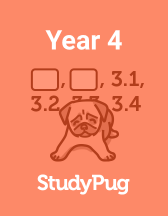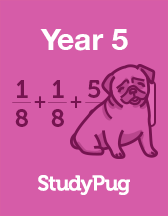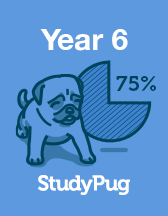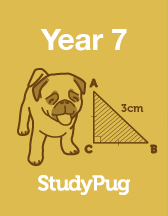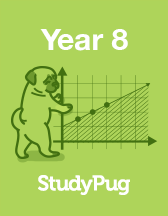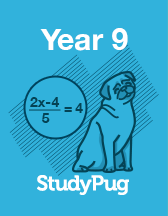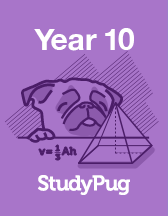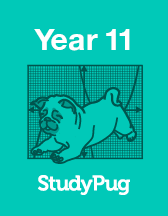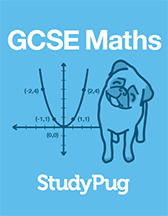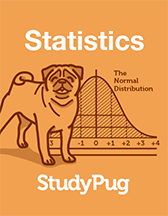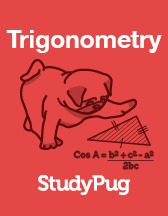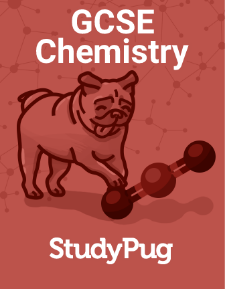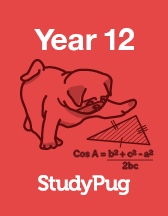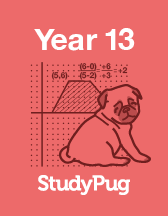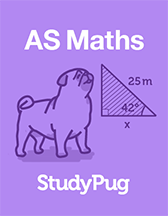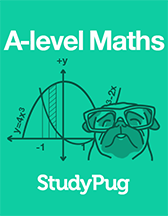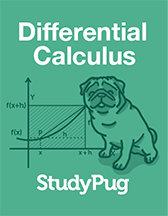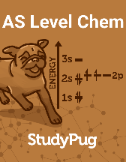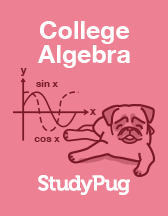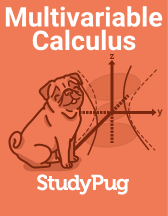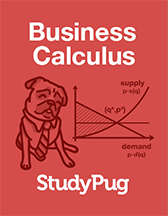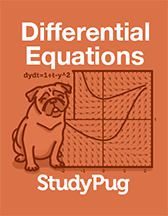Boost Your GCSE Maths Grades
Step-by-step solutions that boost grades and confidence
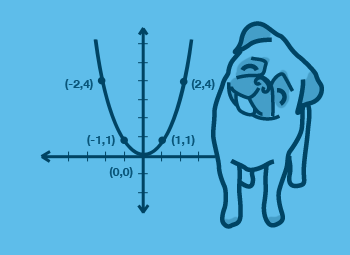
📈
GCSE Maths marks improve 10-15%
✨
Problem-solving confidence boost
💡
Formula application mastery
📚
Strong foundation for A-Level Maths

Step-by-Step Solutions
Clear video explanations for every GCSE Maths concept

Perfect Curriculum Match
Aligned with your GCSE exam board specifications

Guaranteed Results
Most students improve one letter grade in 4-6 weeks
GCSE Maths Topics
Numbers and Relations
Adding and Subtracting Integers
Multiplying and Dividing Integers
Operations with decimals
Adding and Subtracting Fractions
Multiplying and Dividing Fractions
Percents
Ratios, Rates, and Proportions
Pythagorean Theorem
Scale Factors and Similarity
Solving Linear Equations
Measuring Systems
Number System
Surds
Algebraic Expressions
Linear Functions
Simultaneous Equations
Factorising Quadratic Functions
Quadratic Functions
Solving Quadratic Equations
Inequalities
Algebraic Fractions
Reciprocal Functions
Functions
Transformations
Indices and Exponential Functions
Growth and Decay
Congruent Triangles
Circle Theorems
Surface Area and Volume
Trigonometry
Sine Rule and Cosine Rule
Graphing Trigonometric Functions
Bearings
Vectors
Set Theory
Probability
Data and Graphs
Is GCSE Maths Hard?
If you're concerned about studying GCSE maths, you're not alone. Thousands of students just like you see maths as a difficult thing to learn and can struggle to grasp some of the more complex areas of the subject. Though it does seem like a daunting challenge, maths isn't that hard to get your head around once you have a firm understanding of the basics. Remember, you're not expected to know everything from day one. Learning mathematics will take time and in doing so, will greatly improve your chances of getting into college/university.
If you want GCSE maths help or would like additional GCSE revision materials for your GCSE maths quiz, our online video tutorials will walk you through all the relevant topics that are bound to come up in your end of year exams. We offer step-by-step guides for the following popular topics:
- Circle Theorem
- Standard Form
- Law of Indices
- Bearings
- Statistics
- Algebraic Expressions
- Vectors
Our GCSE maths tutorial videos will show you easy to understand solutions to even the hardest GCSE maths test questions. Furthermore, you can test your knowledge using our GCSE maths practice materials. The content we deliver to you has been designed by experienced GCSE maths teachers and we have worked to ensure that we cover all the topics you'd find in current CGP maths books.
We understand that different schools and colleges will follow different awarding bodies. With that in mind, we have constructed our content to cover the following:
- Edexcel GCSE Maths
- AQA Maths GCSE
- OCR GCSE Maths
- WJEC GCSE Maths
We also understand and appreciate that every learner learns differently. To that end, we have decided to take a "from the ground up" approach that starts from the basics, assumes no prior knowledge, and covers all areas of GCSE maths. Each area of our content has been designed to seamlessly flow from one topic to the next, allowing you to build off what you've just learned, introducing more complex elements when you're ready.
As a subscriber to our online tutorial service, you'll have direct access to all the GCSE maths videos on our site. Regardless of whether you're looking for topics relating to GCSE maths foundation or higher, we've got you covered.
If you're currently in school and studying GCSE maths, or you're a returning student about to sit a retake exam, StudyPug can help. We have resources that can help you with your GCSE maths exam prep and your GCSE maths homework. No prior knowledge is needed and you only study the content that's relevant to you. There's no need to go over what you already know unless you want to.
If you're a parent with a child studying GCSE maths, our platform can greatly reduce the anxiety associated with revising for their exams. Check out our blog for more information on anxiety and how you can help them combat it.
How to Revise for GCSE Maths?
When it comes to performing well in your GCSE maths test, you should revise, revise, revise! The best way to learn is with repetition. Take what you've been taught in the classroom and go over it at home. Give yourself some study time outside of school hours and utilize a platform like StudyPug to help you along the way. We have GCSE maths revision materials and practice tests to help you highlight key areas to improve on. Taking the time to use these tools will help you to digest the information and more importantly, to retain it. It can also make a dramatic difference to your performance in class and in your exams.
Understandably, getting yourself in the mood to study can be difficult. If it's hard for you to stay focused in class or if you find it difficult or boring to work from a textbook, StudyPug may just be what you're looking for. We offer an extensive collection of fun and easy online revision aides that cover the same GCSE maths questions that can be found in those boring maths books.
Our easy practice GCSE maths courses offer you 24/7 help and as they're delivered via a video format, you can pause, rewind, or fast-forward the info, allowing you to skip content that's not relevant and learn at your own pace. We find that a lot of our students prefer the video format as the content is delivered in a conversational way that's easier to follow.
We want to make the learning experience more enjoyable for you. To do that, we've made an effort to ensure that the content being delivered speaks to you. Our step-by-step examples have been crafted by maths teachers who know how to breakdown the complex language of maths into more manageable pieces of information.
Regardless of the subject area you need help with, we have the exam solutions for you and we're confident our platform will help you prepare for your upcoming GCSE maths paper. Outside of exam revision, we also have content that can help you perform better in class. Think of our platform as "GCSE maths made easy", your one stop shop for all your GCSE maths needs.
To get you started, we're offering a collection of free GCSE maths lessons across the following subject areas:
- Pythagorean Theorem & Estimating Square Roots
- Multiplying Fractions and Whole Numbers
- Enlargements and Reductions with Scale Factors
- Solving Linear Equations Using Multiplication and Division
- Adding and Subtracting Radicals
- And much more!
Visit StudyPug today and see how we can make a difference to your performance.
How to Get a 9 in GCSE Maths?
As mentioned above, revision can dramatically improve your performance in exams and it's essential if you're looking to achieve the highest grade possible. Get yourself into the habit of completing maths worksheets and using GCSE maths past papers to sit mock exams. Work within the time limits for each paper and have family members or friends mark them for you. Review your performance and isolate areas of weakness. You can then use that information to build more effective GCSE revision strategies, leaving you with a much more rounded understanding of all areas of GCSE maths. Sit several mock exams and chart your progress to see improvements. Doing this can help raise your confidence and will show that the revision is working!
If you get a few questions wrong in a specific topic, revisit the whole topic, make sure you cover your bases and truly understand the area and where you went wrong. There's no guarantee that the question will appear on your actual test but a similar one might, so its key that you understand how to answer all questions in the subject area not just the one or two that you got wrong.
Regardless of whether you're studying foundation or higher maths, it's important that you can answer questions across all topics in your syllabus. Furthermore, you'll have to demonstrate that you cannot only answer the question but can show how you arrived at your conclusion. When marking papers, examiners need to see that you can interpret and accurately display a clear understanding of complex mathematical problems. Put simply, you must be able to show your thought process. Don't just give the answer, show how you arrived at the solution. You could potentially receive additional marks for showing you understanding of the problem and how you attempted to work it out.
Use revision tools like StudyPug to help you. As your virtual GCSE maths tutor, we have 1000s of lessons online to help you study maths. Our videos cover every aspect of GCSE maths so if you're struggling with the Pythagorean theorem, need help with quadratics, or anything else, we've got the content to help!
